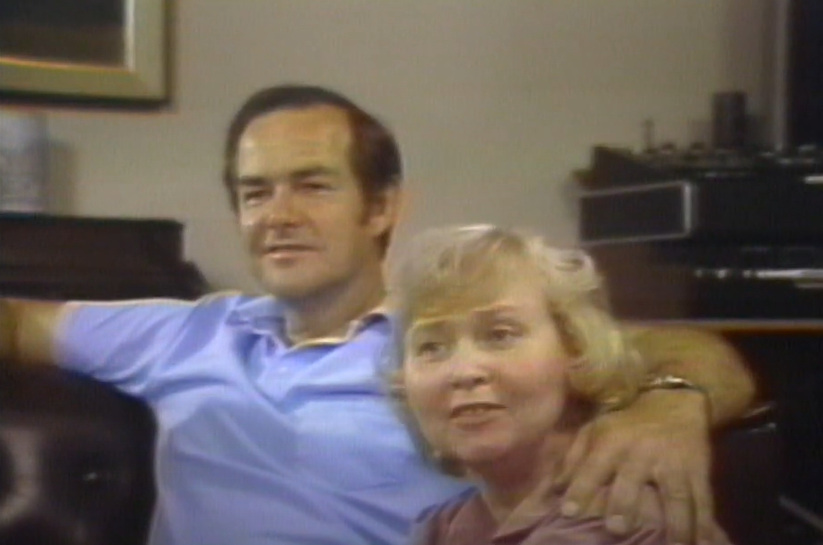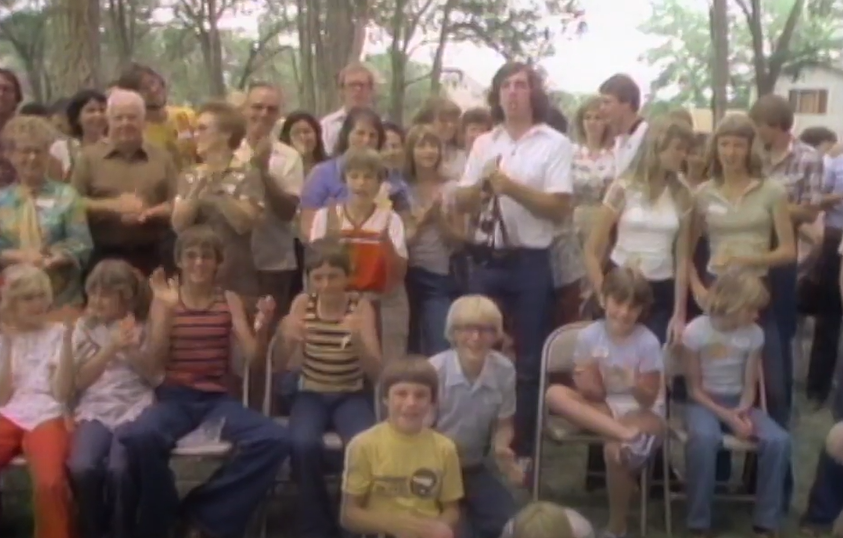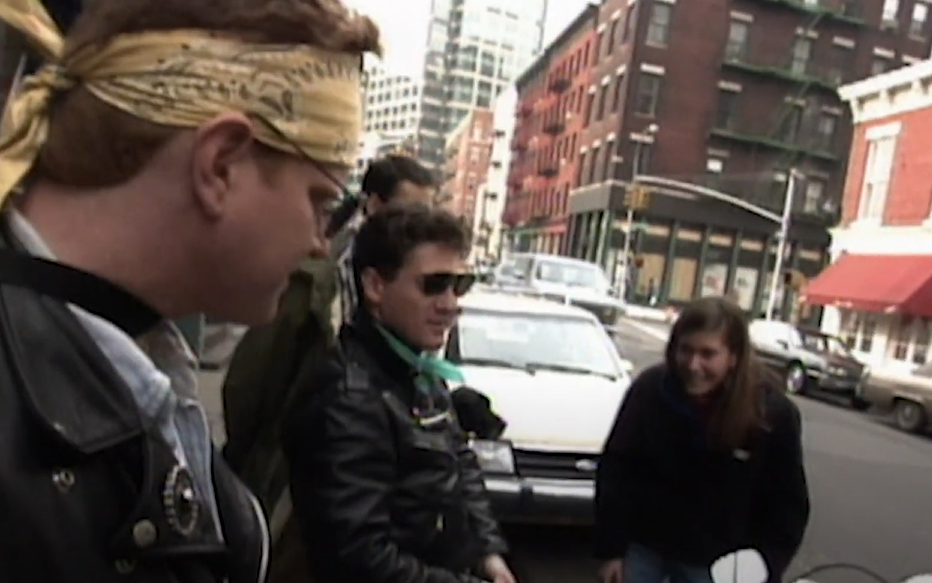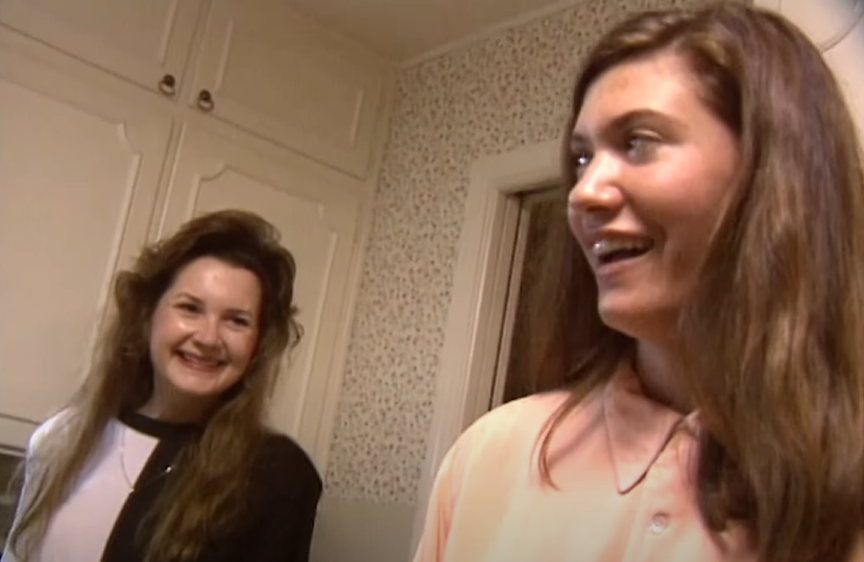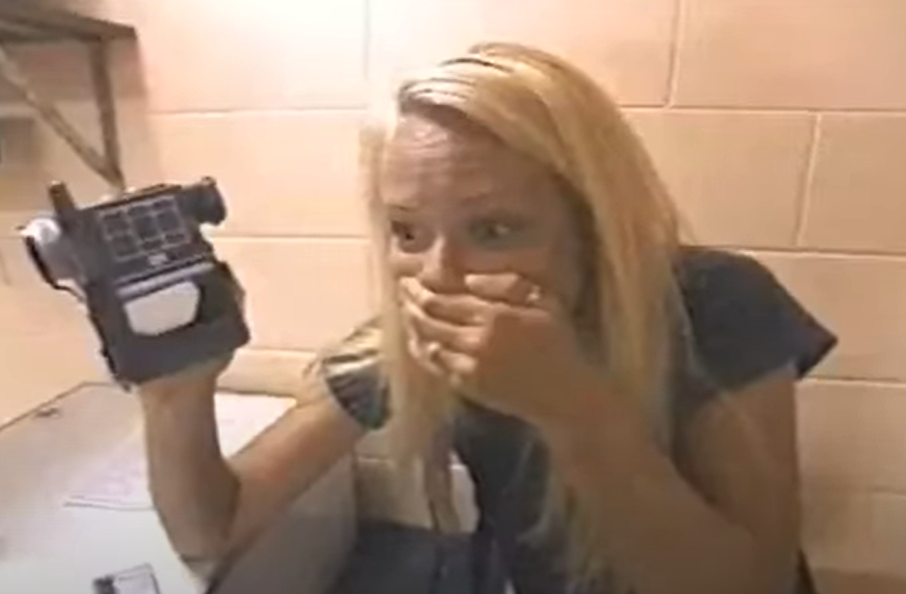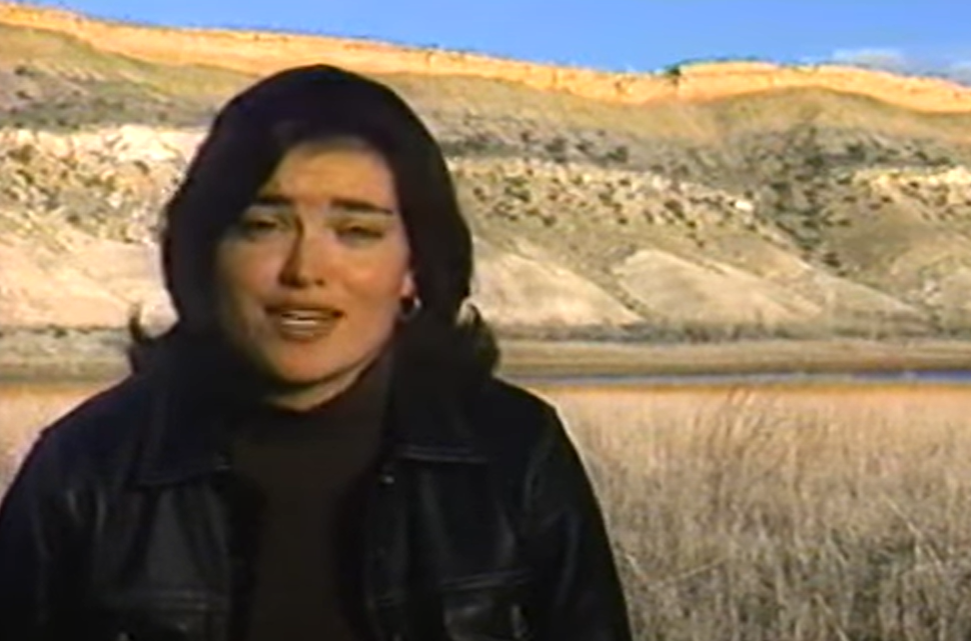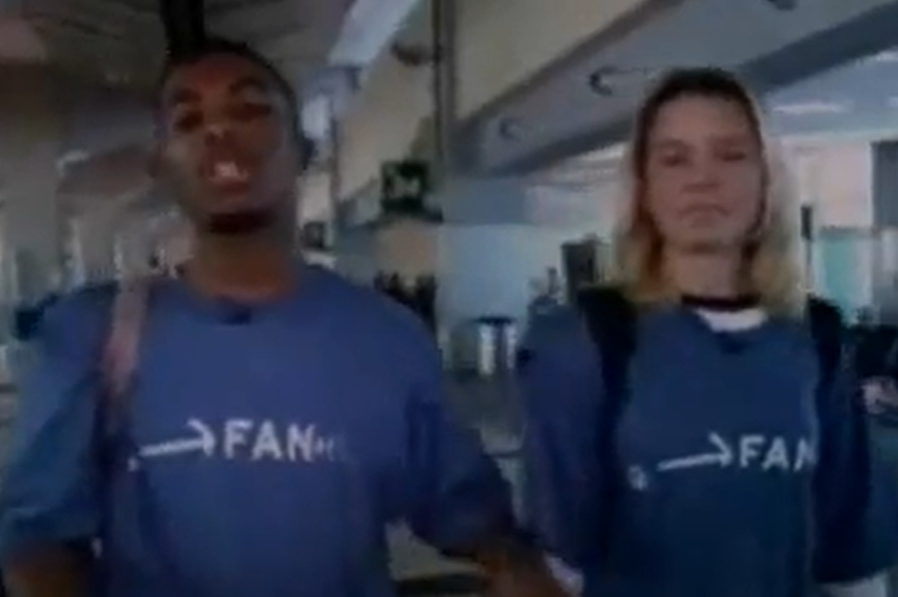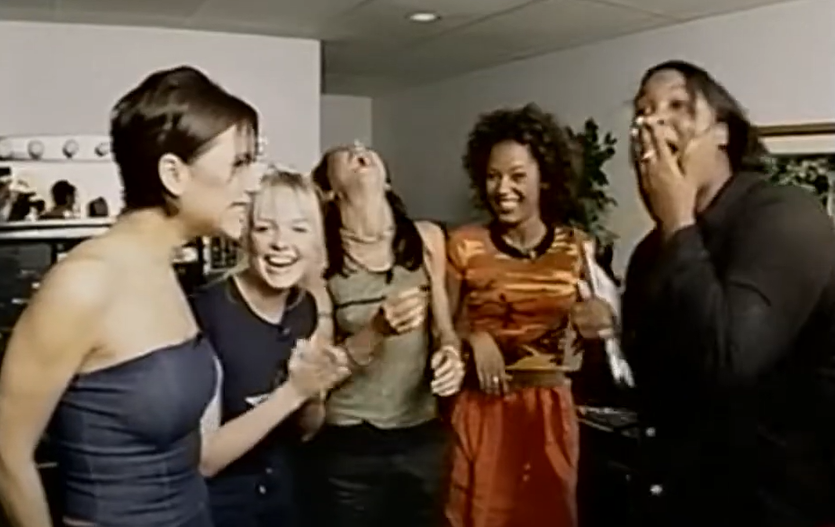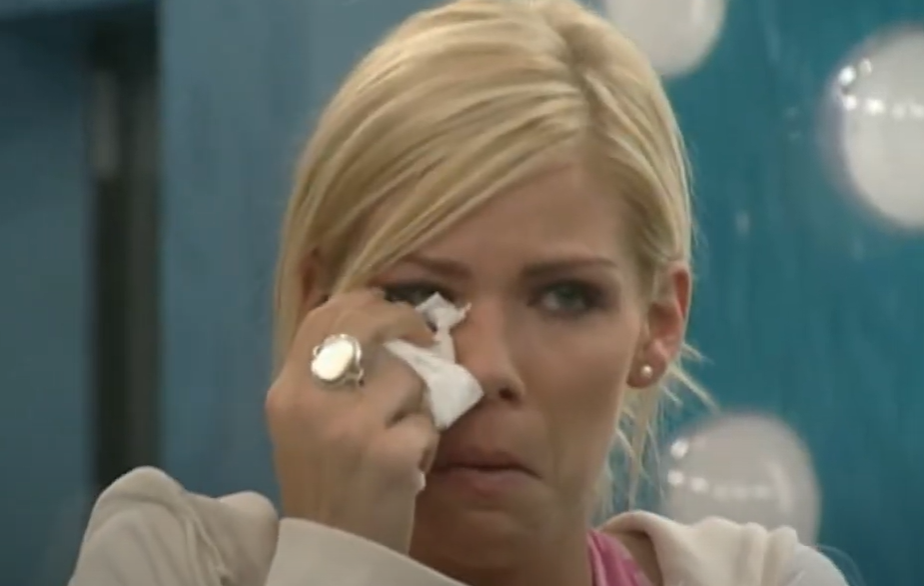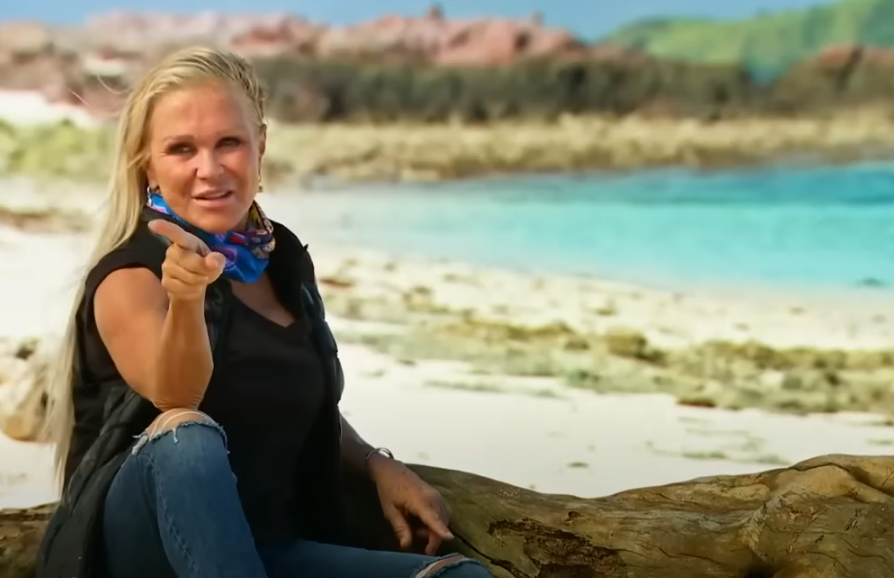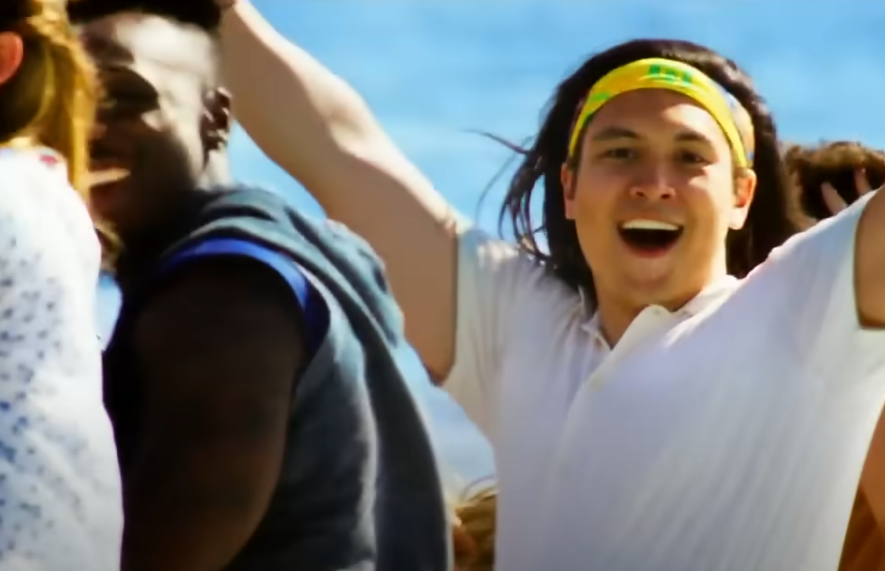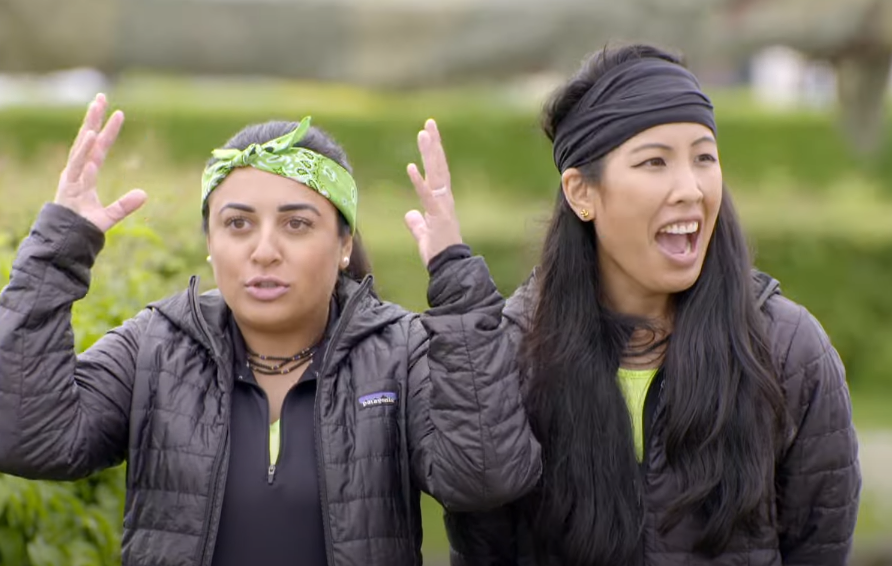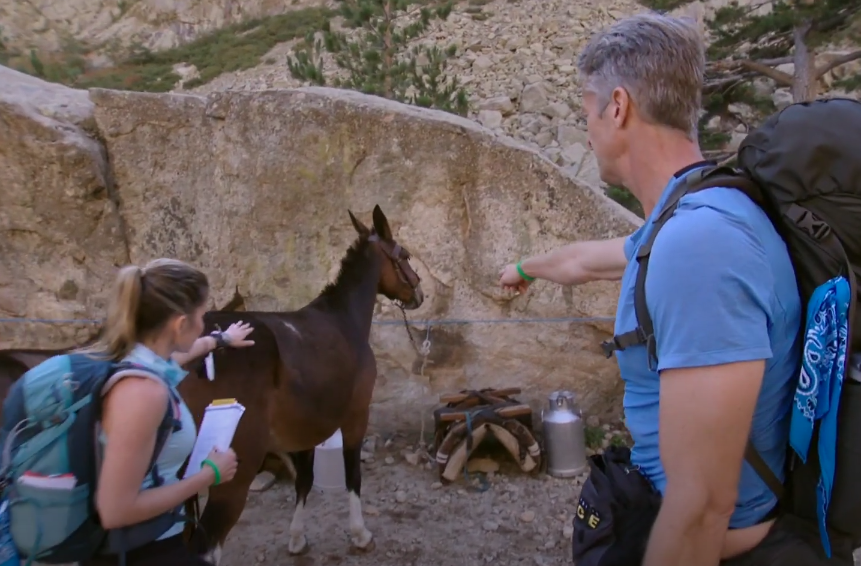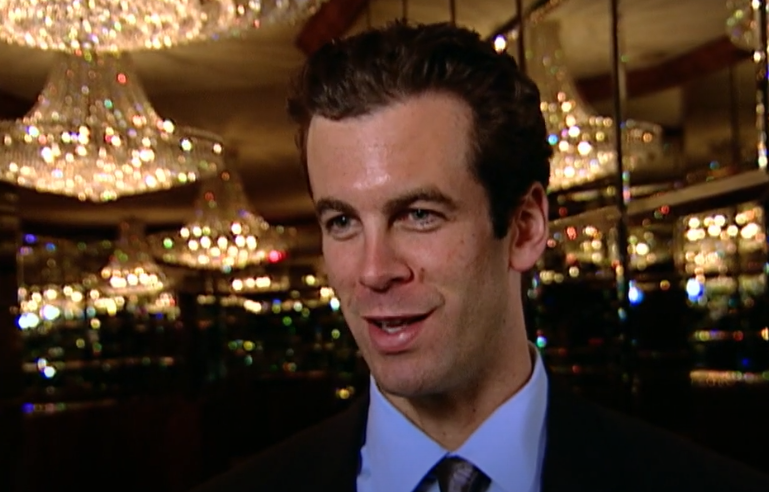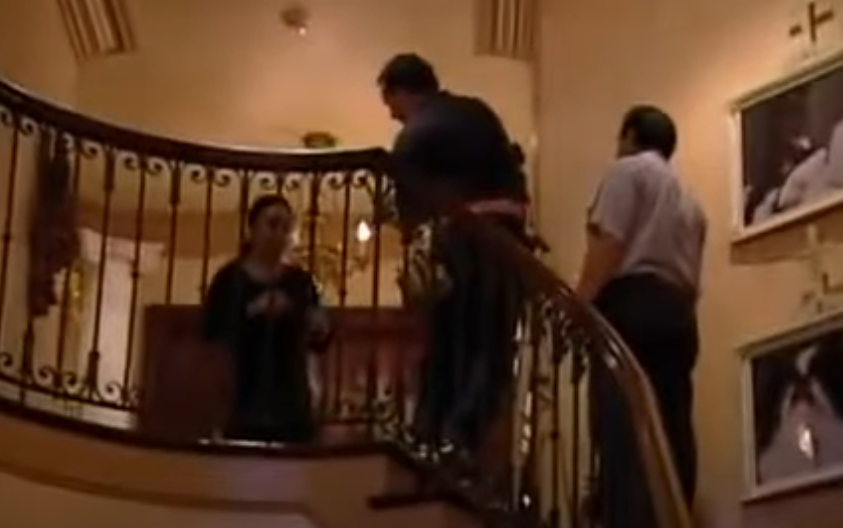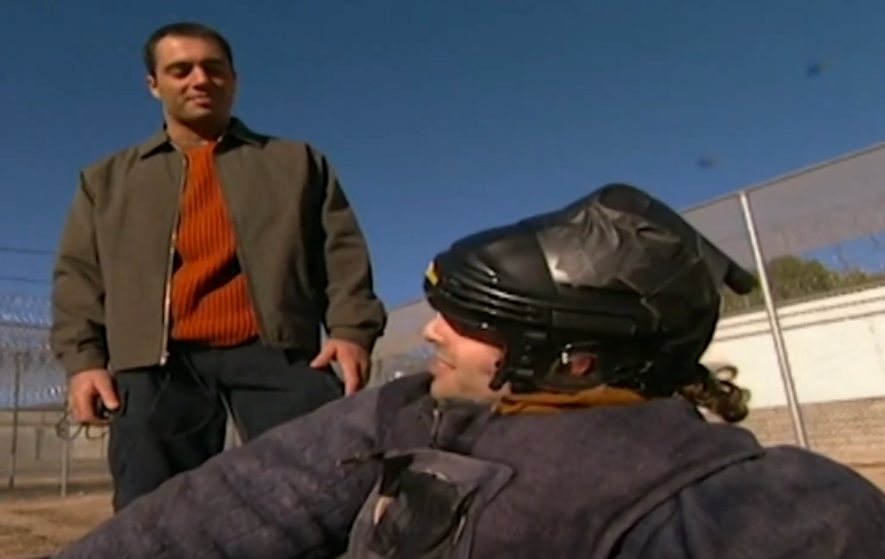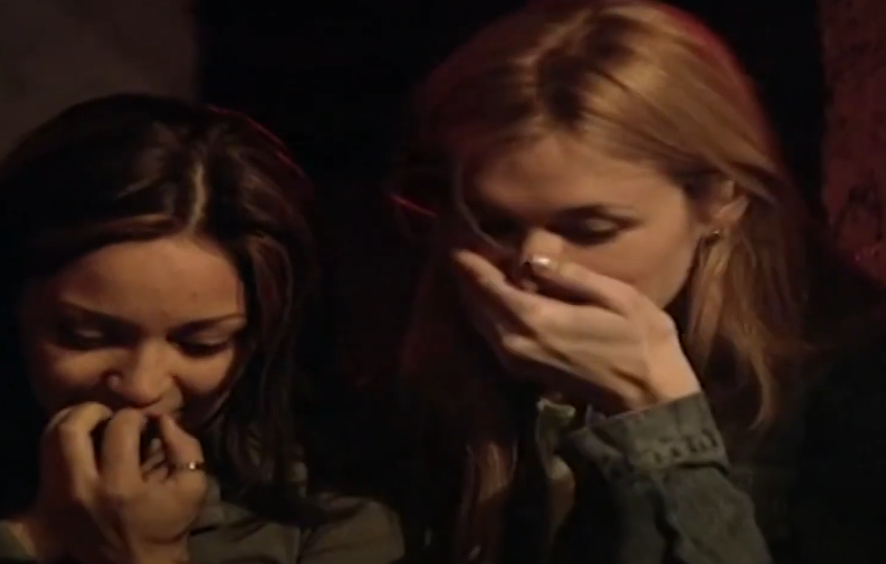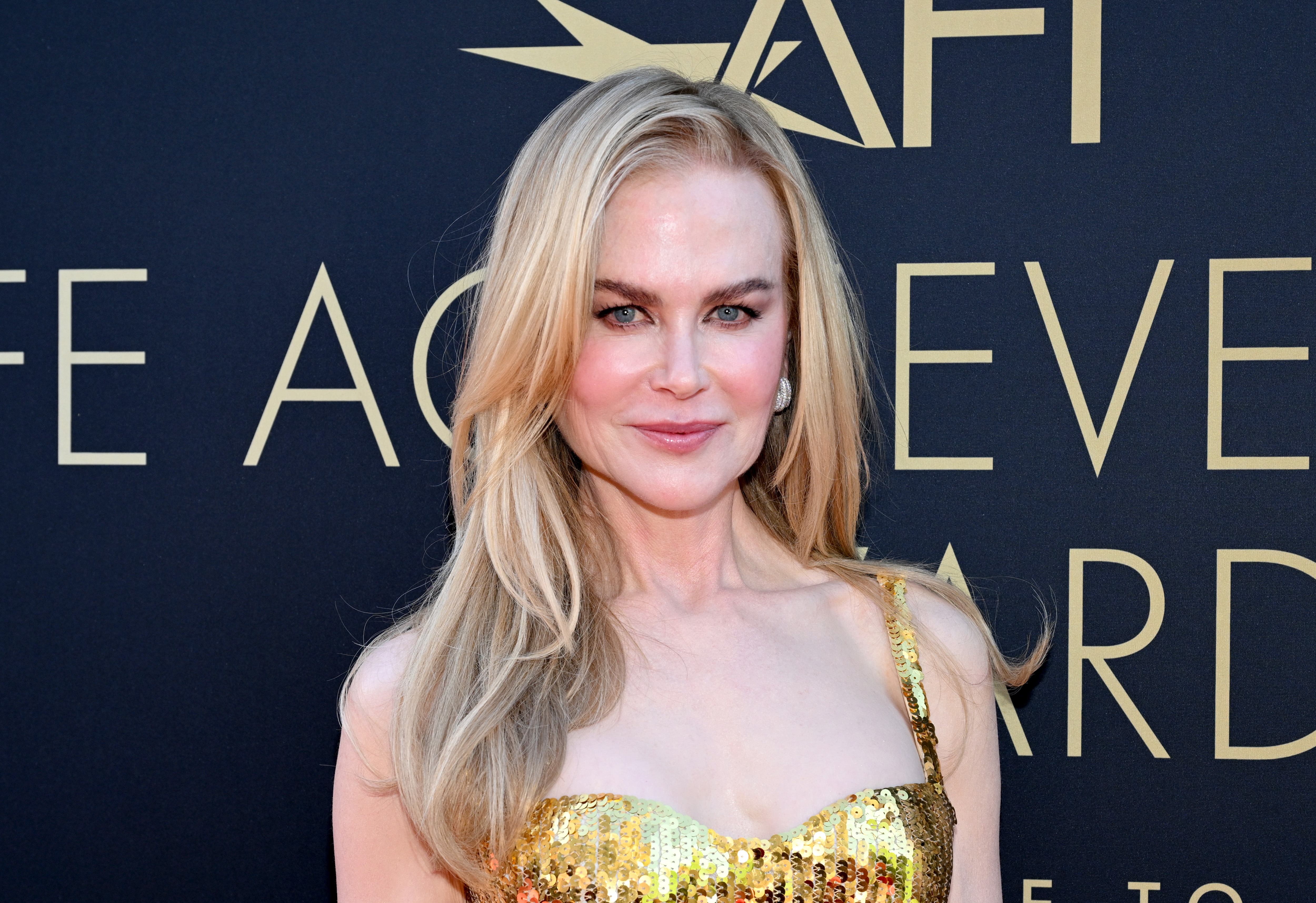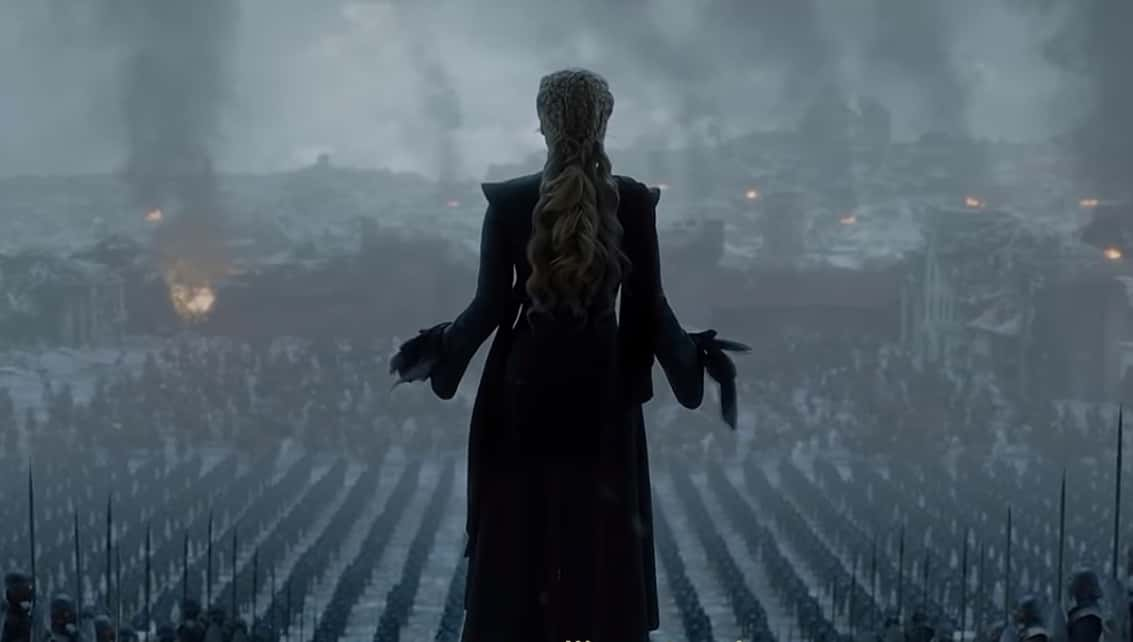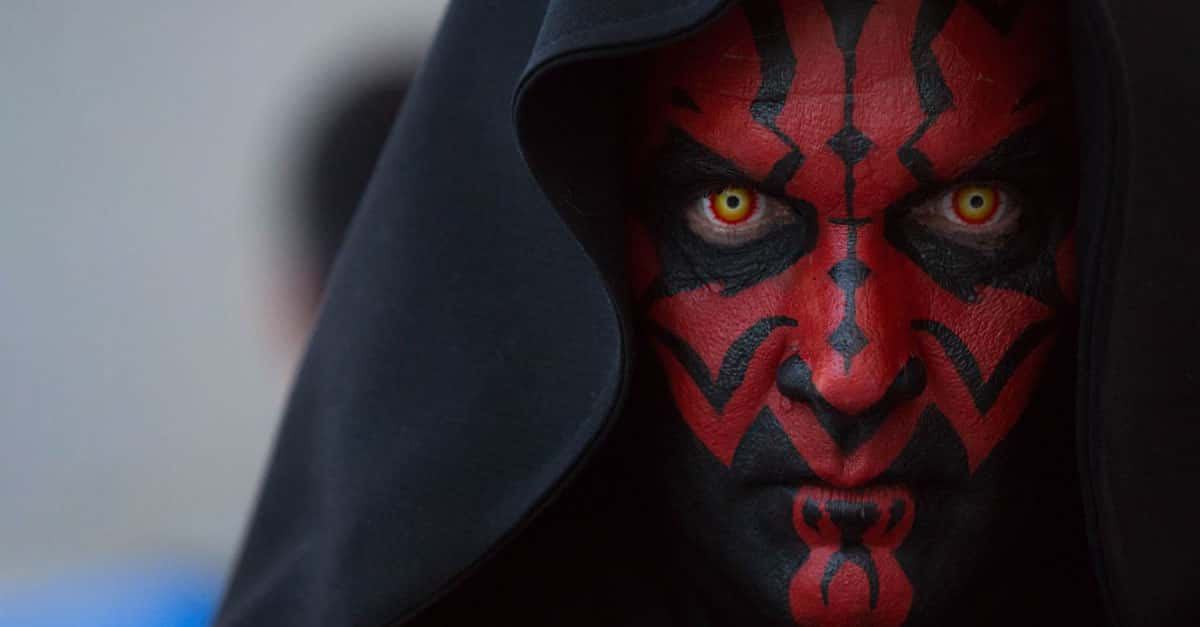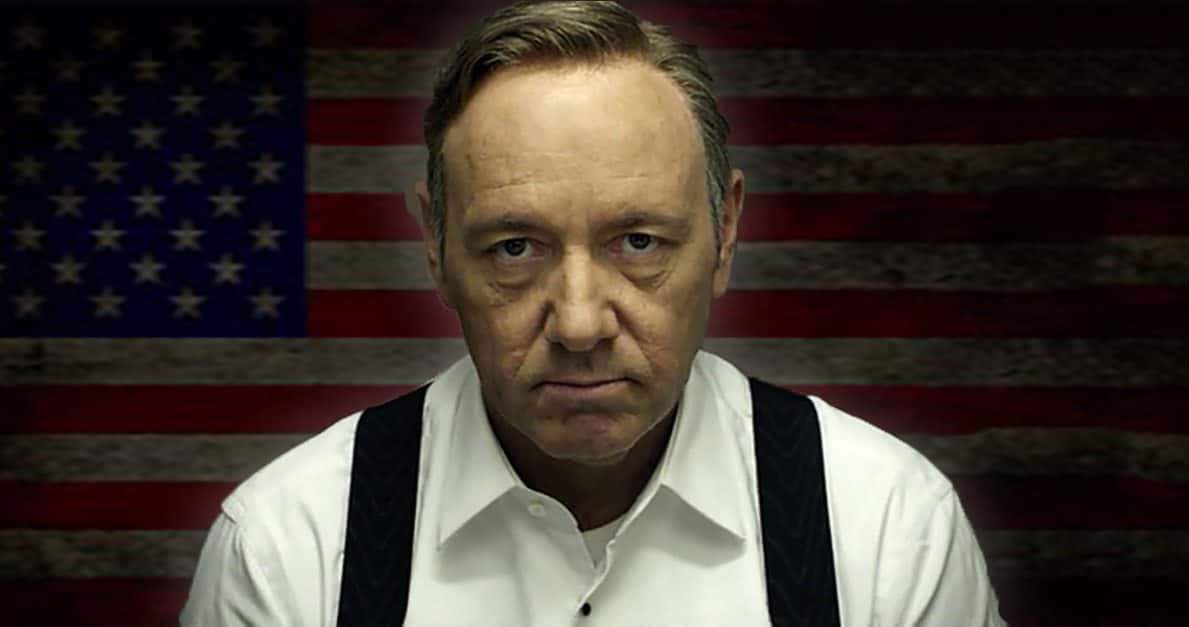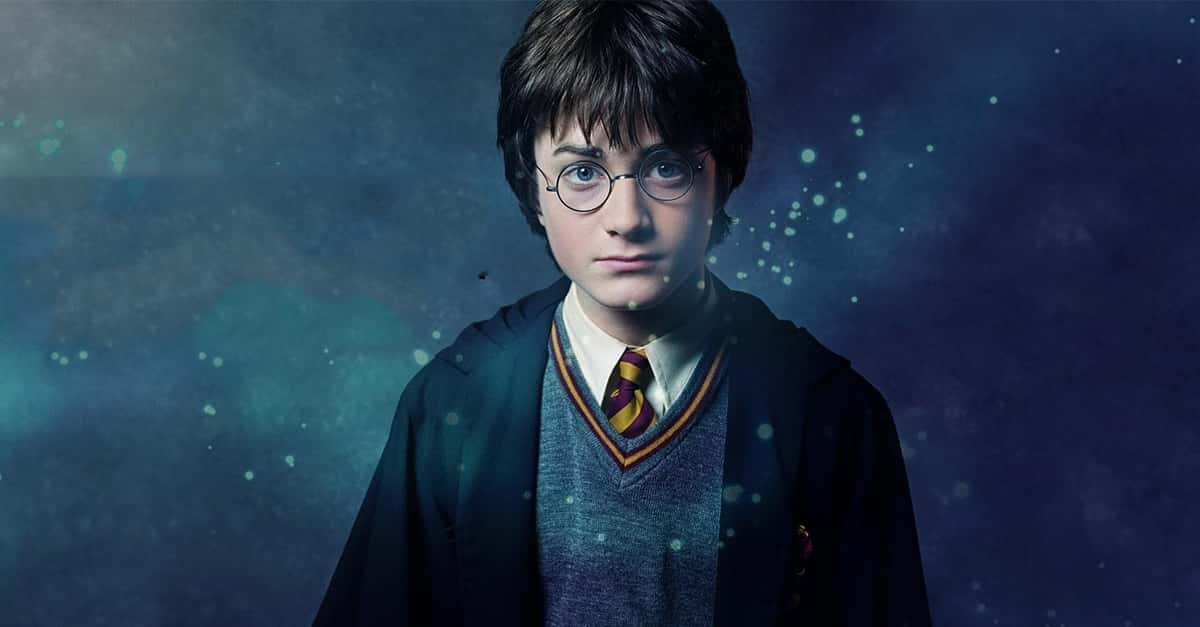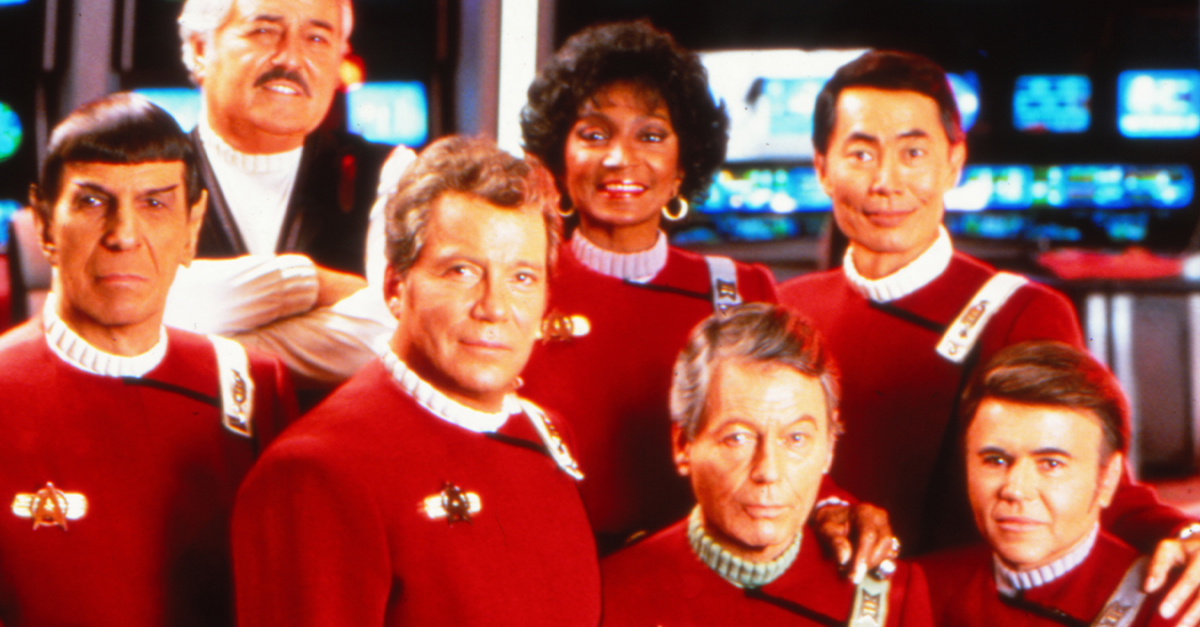A Brief History Of Reality Shows
Love them or hate them, reality shows remain some of the most successful television shows. They are mainly cheap to produce and viewers love the drama and challenges contestants face. However, reality television has a far longer history than people are often aware, going back as far as the 1940s.
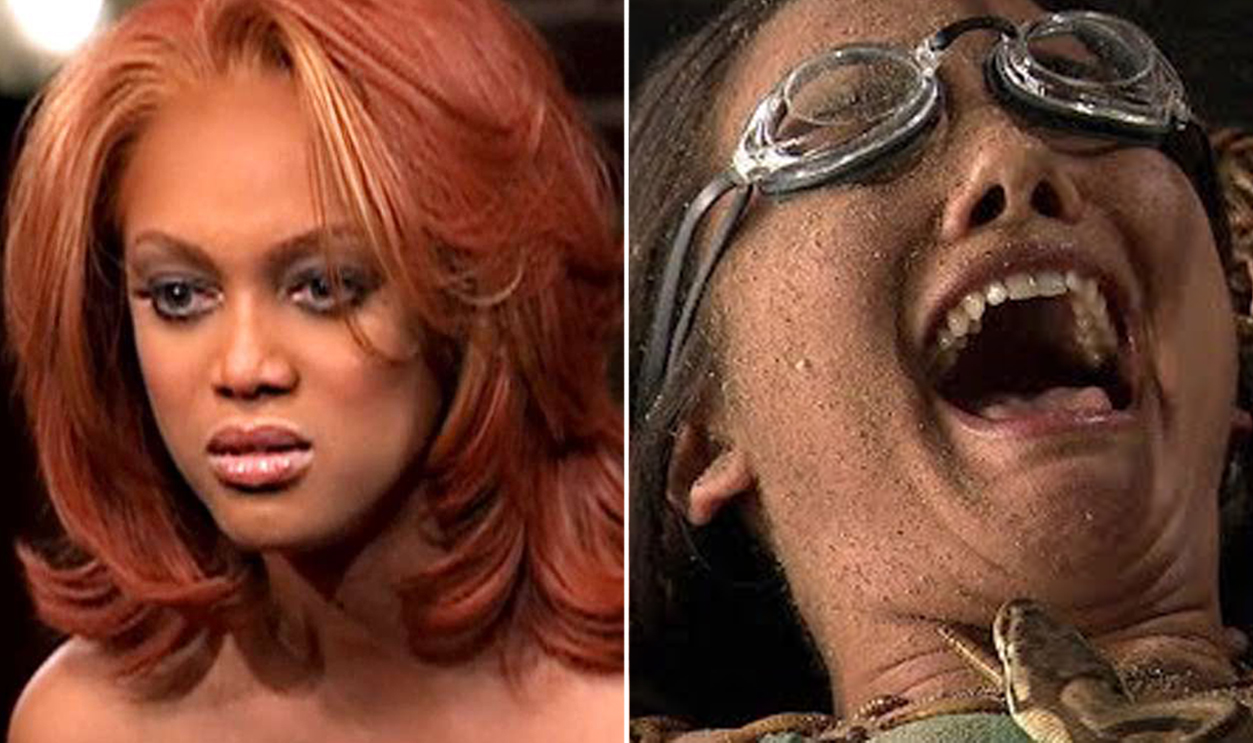
Candid Camera (1948)
Generally considered to be the first reality show, it had its start on radio, called, appropriately enough, Candid Microphone. The concept was simple, unsuspecting participants are secretly recorded reacting to unexpected situations. Hosted by Allen Funt, Candid Camera began in the very early days of commercial television, in 1948.
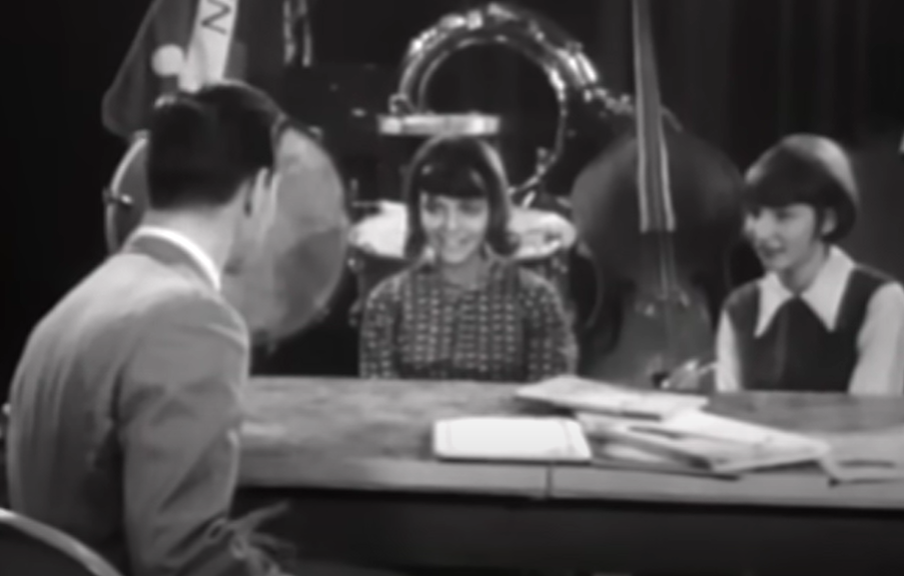 Allen Funt Productions, Candid Camera (1948-1952)
Allen Funt Productions, Candid Camera (1948-1952)
Candid Camera (1948)
Revived a number of times, Candid Camera remained popular over the decades. As the decades changed and attitudes changed as well, the show would become a bit more risqué, at least by 1960s and 1970s standards. They even tried a film version which allowed them to further push the boundaries but that was not as successful as the television versions.
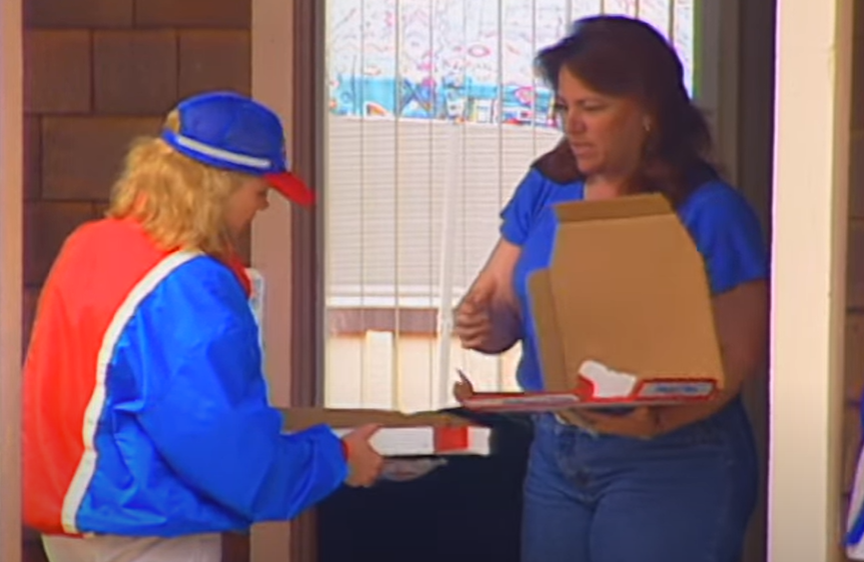 Allen Funt Productions, Candid Camera (1948-1952)
Allen Funt Productions, Candid Camera (1948-1952)
The American Sportsman (1965)
With surprising longevity, The American Sportsman was an early foray into reality television. Each episode featured one of the three hosts and a celebrity taking part in an outdoor activity. Activities included such things as mountain climbing and kayaking and the scenery and conversation was as much a part of it as the activities.
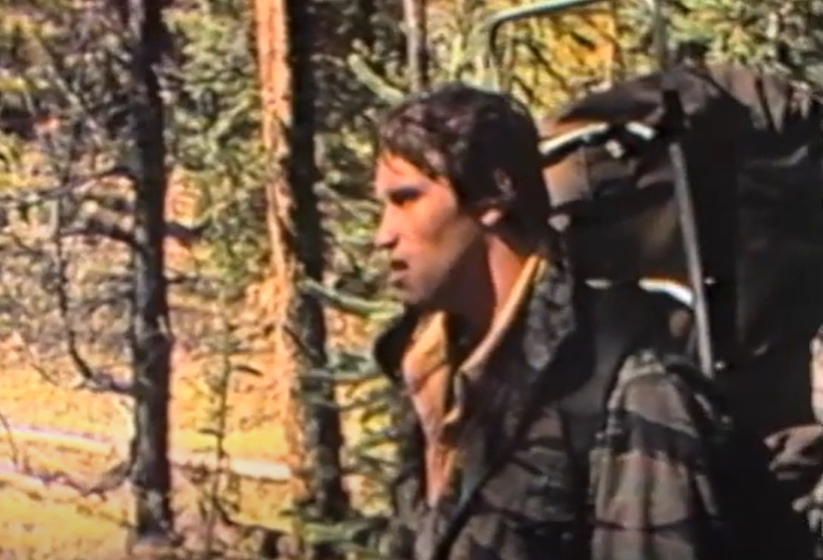 ABC, The American Sportsman (1965-1986)
ABC, The American Sportsman (1965-1986)
The American Sportsman (1965)
What made this show successful was the access to celebrities outside the usual talk show circuit. The show was also popular with outdoor and nature enthusiasts, regardless of which celebrity was featured. The lack of glamor was a large part of the appeal for audiences, seeing famous people acting relatively naturally.
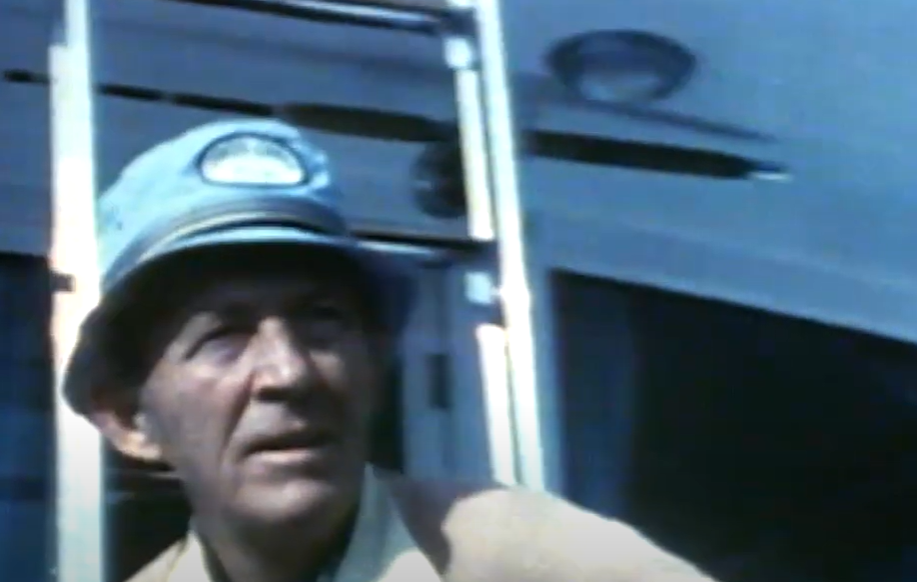 ABC, The American Sportsman (1965-1986)
ABC, The American Sportsman (1965-1986)
An American Family (1973)
This was a groundbreaking series on PBS and much closer to the contemporary idea of reality television. A documentary about a regular family, it offered a mostly unfiltered look at a family’s life. Unlike standard documentaries and more like current reality television, the show was not about a serious subject but showed the day-to-day life of the Loud family.
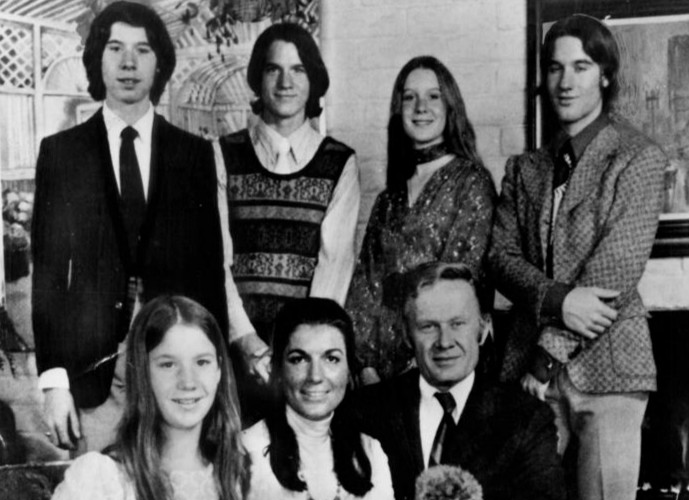 PBS-Public Broadcasting System, Wikimedia Commons
PBS-Public Broadcasting System, Wikimedia Commons
An American Family (1973)
There was drama and the show was groundbreaking for the contemporary issues portrayed in an unscripted format. Viewer watched the parents’ relationship break down (they later divorced) and their oldest son Lance notably came out as gay, a first for American television.
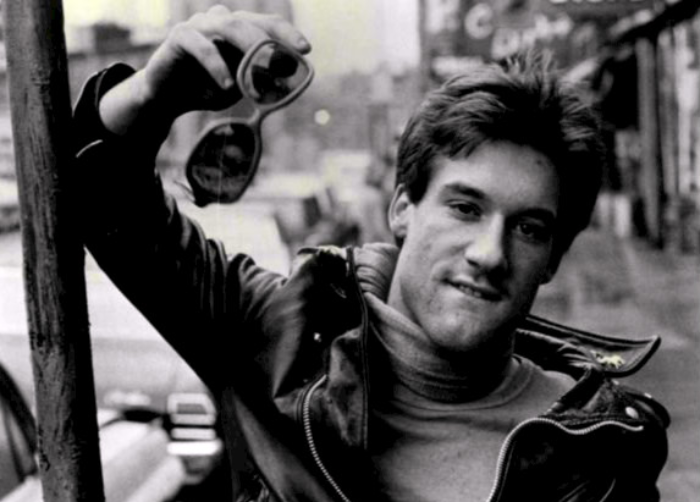 PBS-Public Broadcasting System, Wikimedia Commons
PBS-Public Broadcasting System, Wikimedia Commons
Real People (1979)
Real People fell somewhere between variety shows and Candid Camera style reality television. With several hosts and episode divided into segments, Real People featured regular people doing interesting things, both in-studio and remotely. Often segments were documentary-styled coverage of people while other would involve stunts and challenges.
Real People (1979)
The common thread was the focus on ordinary people. With the word “real” in the title, the show was moving closer to what we call reality television. There was even a parody of Real People on an episode of WKRP in Cincinnati in 1980, where radio station sales manager Herb Tarlek’s family appears on a show called Real Families. The episode is shot in documentary style and it seems to predict where reality television would eventually go, when the show’s seemingly wholesome Real People style transitions into an expose of Tarlek’s flawed homelife.
Cops (1989)
Although in a way presented as a documentary, Cops was a reality show due to its ethos of capturing what happens no matter what and its episodic nature, with the only real focus being policing. Lasting a remarkable 32 seasons, the show depicted the mostly routine duties of officers, shot cinéma vérité style with no incidental music.
 Twentieth Century, Cops (1989-2024)
Twentieth Century, Cops (1989-2024)
Cops (1989)
However, reality did spell the end of Cops. With heightened awareness of racism and exposure to violence, audiences seemed to tire of what was seen as a glorification of policing. However, Cops remains influential in its style, format, and the presentation of reality television.
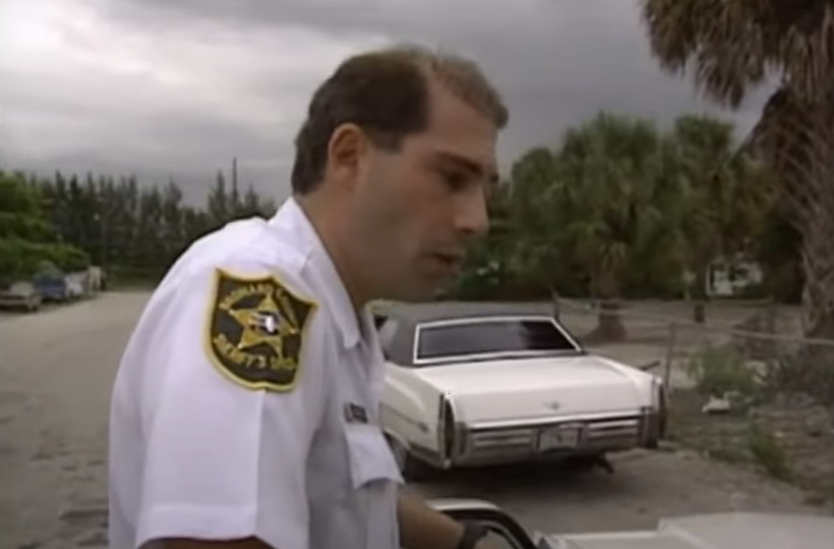 Twentieth Century, Cops (1989-2024)
Twentieth Century, Cops (1989-2024)
The Real World (1992)
Probably the first series to resemble what we now regard as reality television, The Real World was MTV’s first reality series. Basically a soap opera, The Real World placed a group of young adults in a house as they interacted before the cameras.
The Real World (1992)
A model for future reality television, The Real World, while unscripted, contained many contrived moments set up by producers. Each season was set in a different location and the show lasted 33 seasons. What was important about The Real World was that it provided the template for what was to come.
Eco-Challenge (1995)
The adventure reality genre was born here. Running from 1995 to 2002, each episode involved a race to see who would come out on top. Created by Mark Burnett, later the producer of Survivor, Eco-Challenge pitted small teams in a 300-mile course, with endurance challenges along the way.
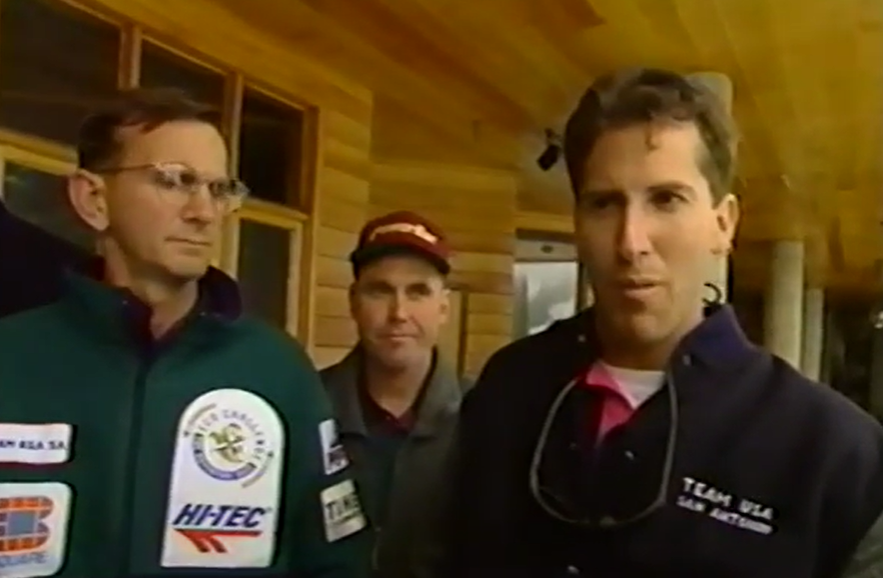 Mark Burnett Productions, Eco-Challenge (1995-2002)
Mark Burnett Productions, Eco-Challenge (1995-2002)
Eco-Challenge (1995)
The emphasis was on teamwork and the shifting of alliances familiar in later reality shows. The challenges contestants faced on Eco-Challenge involved extreme sports such as white-water rapids, with participants facing exhaustion and dehydration as part of the race.
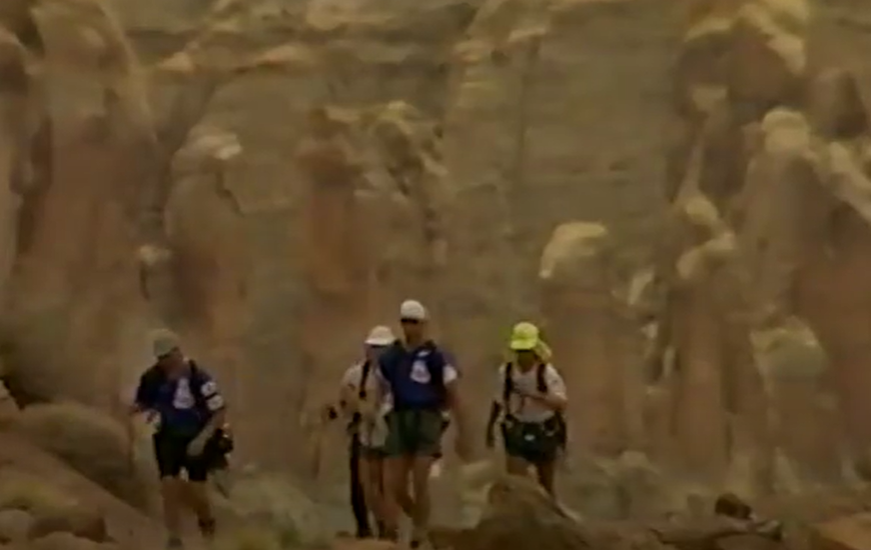 Mark Burnett Productions, Eco-Challenge (1995-2002)
Mark Burnett Productions, Eco-Challenge (1995-2002)
Road Rules (1995)
A sister show to The Real World, Road Rules placed young adults in an RV with no money, challenging them to move from one place to another. Along the way, they collected clues and completed tasks. The show emphasized the dynamics of the participants as they were thrown into difficult situations.
Road Rules (1995)
Much like later reality shows, Road Rules involved the establishment of personas as people played off each other. Not as easily remembered as The Real World, Road Rules was nevertheless an early example of a common type of reality show.
A Baby Story (1998)
The premise of A Baby Story was an examination of couples in the last weeks of pregnancy. It showed the couples preparing for the new arrival and the drama inherent in that. The show was unusually intimate for a reality show, with the focus not being on exploitation or sensationalistic.
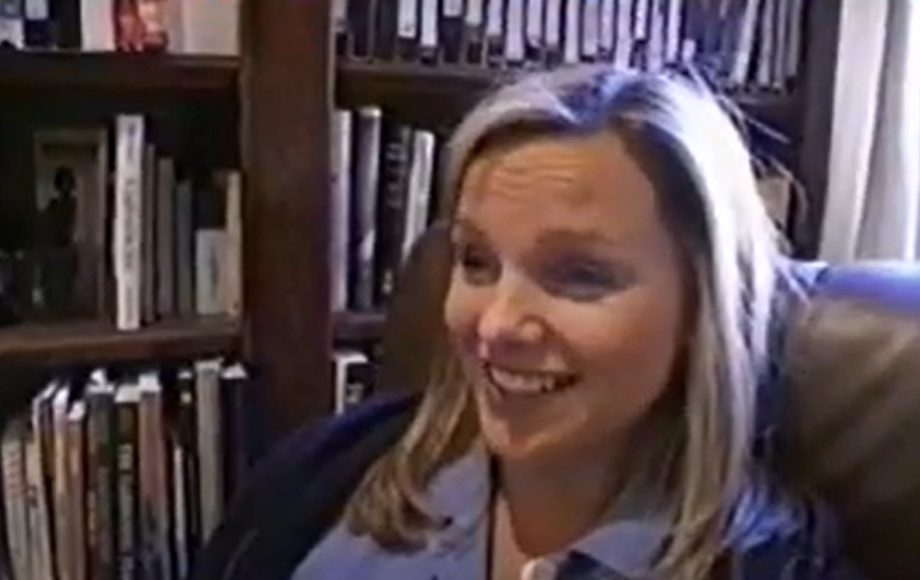 Pie Town Productions, A Baby Story (1999-2007)
Pie Town Productions, A Baby Story (1999-2007)
A Baby Story (1998)
Focusing on the real issues facing pregnant mothers, episodes featured natural births, C-sections, home births, and hospital deliveries. A Baby Story was also a direct precursor to the birthing and family genre of reality television.
 Pie Town Productions, A Baby Story (1999-2007)
Pie Town Productions, A Baby Story (1999-2007)
The Challenge (1998)
The Challenge was one of the longest-running reality shows, produced from 1998 through 2023. Initially a mix of The Real World and Road Rules, The Challenge evolved over time with each season featuring different challenges.
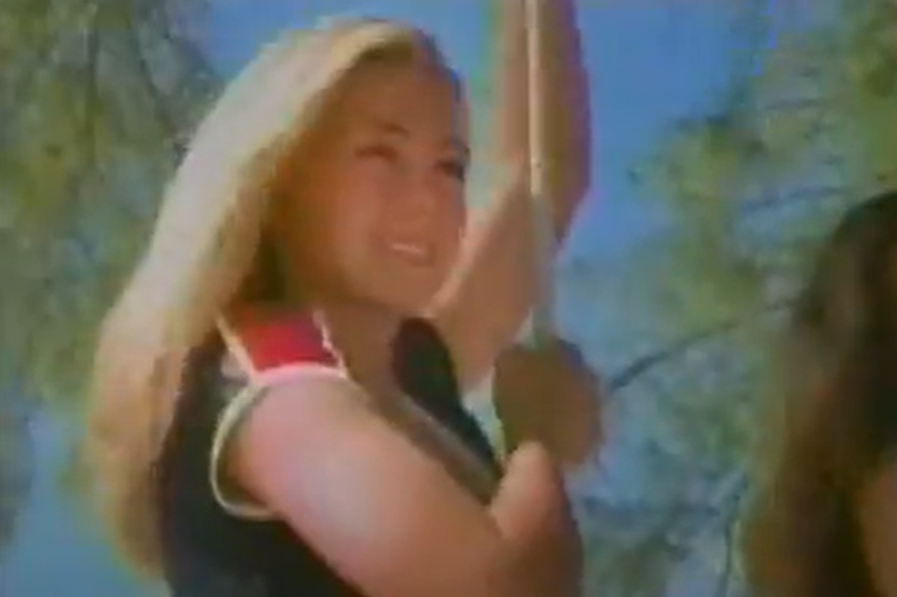 MTV, The Challenge (1998-2023)
MTV, The Challenge (1998-2023)
The Challenge (1998)
Contestants are sent on missions in competition with one another. Like other reality shows, there are individual confessional segments that reflect on the drama unfolding. This format was influential on those later shows.
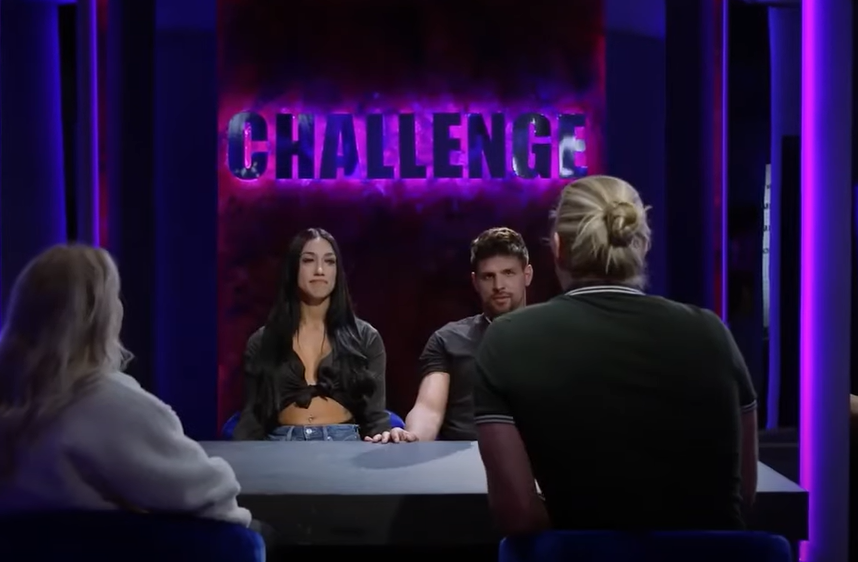 MTV, The Challenge (1998-2023)
MTV, The Challenge (1998-2023)
FANatic (1998)
A short-lived reality show, FANatic aired on MTV from 1998 to 2000. Contestants are tricked into arriving at designated places to meet their celebrity idols. Chosen from submission tapes, the guests are then interviewed by their favorite celebrities after the big reveal.
FANatic (1998)
Each episode of FANatic followed a different fan as they try to connect with their celebrity idol.
Celebrities such as Britney Spears, Christina Aguilera, Brandy, Whitney Houston, *NSYNC, the Spice Girls, and the Backstreet Boys were featured during the show’s run.
Emergency Vets (1998)
Starting in 1998, this pet-themed reality show was groundbreaking and lasted for 10 years on Animal Planet. Like other shows featuring specific professions, Emergency Vets follows veterinarians in Denver, Colorado, and the show was unique for focusing on domestic animals rather than wild or exotic ones.
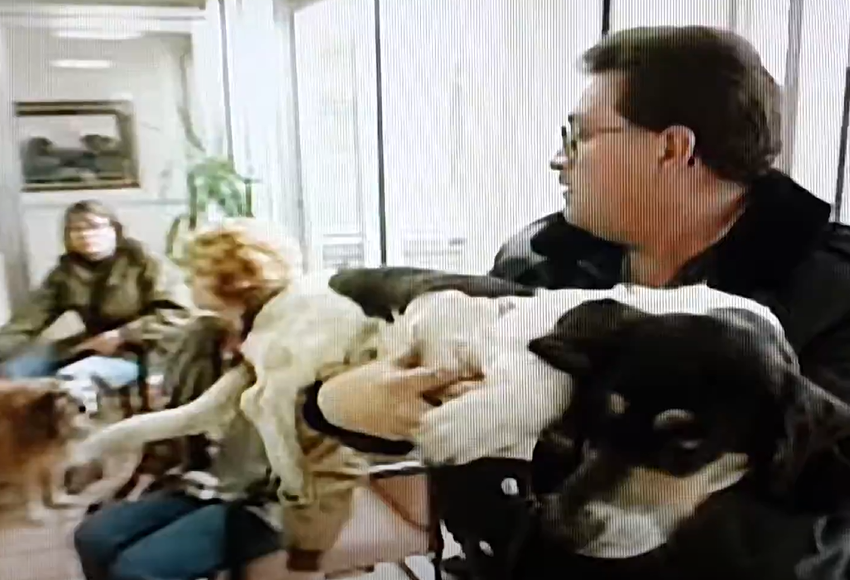 Rocket Pictures, Emergency Vets (1998-2008)
Rocket Pictures, Emergency Vets (1998-2008)
Emergency Vets (1998)
Featuring both the professional and home lives of the vets, the show also showcased the medical aspects of veterinary care and the drama that involved. Emergency Vets also showed how this stressful job impacted the vets.
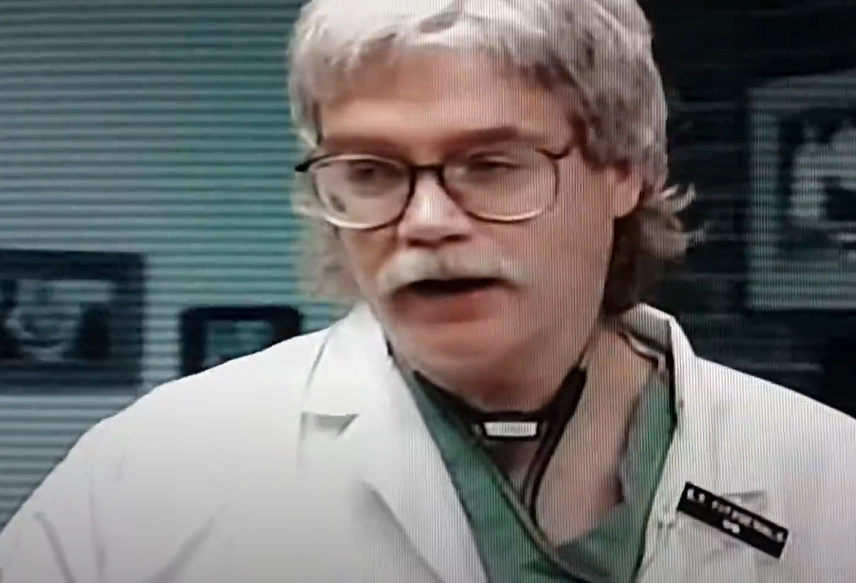 Rocket Pictures, Emergency Vets (1998-2008)
Rocket Pictures, Emergency Vets (1998-2008)
Big Brother (1999)
One of the longest-running reality shows, Big Brother spawned countless spin-offs and special editions. Within the whole Big Brother franchise internationally, there have been more than 500 seasons produced (26 for the US version). Based on The Real World’s placing people in a house to live and react, Big Brother differed by including a competition element with someone winning in the end.
Big Brother (1999)
However you feel about reality television, or Big Brother in particular, one thing that cannot be denied is the impact of the show. As a social experiment, Big Brother was the first to feature contestants living under one roof, plotting and aligning with each other, introducing strategic gameplay to reality television.
Who Wants To Marry A Millionaire? (2000)
Before The Bachelor, Who Wants to Marry a Millionaire? was a media event in 2000. Not a series but a one-off two-hour broadcast, Who Wants to Marry a Millionaire? created the template for dating reality shows. Who Wants to Marry a Millionaire? vied 50 women against each other for the chance to marry a millionaire they hadn’t met.
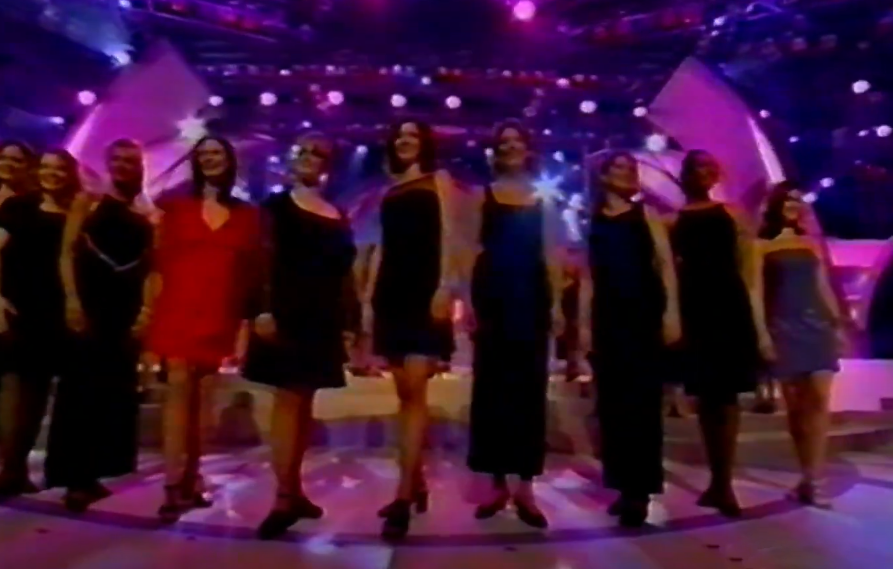 FOX, Who Wants To Marry A Millionaire? (2000)
FOX, Who Wants To Marry A Millionaire? (2000)
Who Wants To Marry A Millionaire? (2000)
The show caused a great deal of public debate, more than usual for reality television, and the end result was a woman marrying the supposed millionaire at the end of the show. The aftermath was that he turned out not to be a millionaire (he lied to producers who didn’t really vet him) and he was kind of a jerk. The show’s “winner” had the marriage annulled soon after.
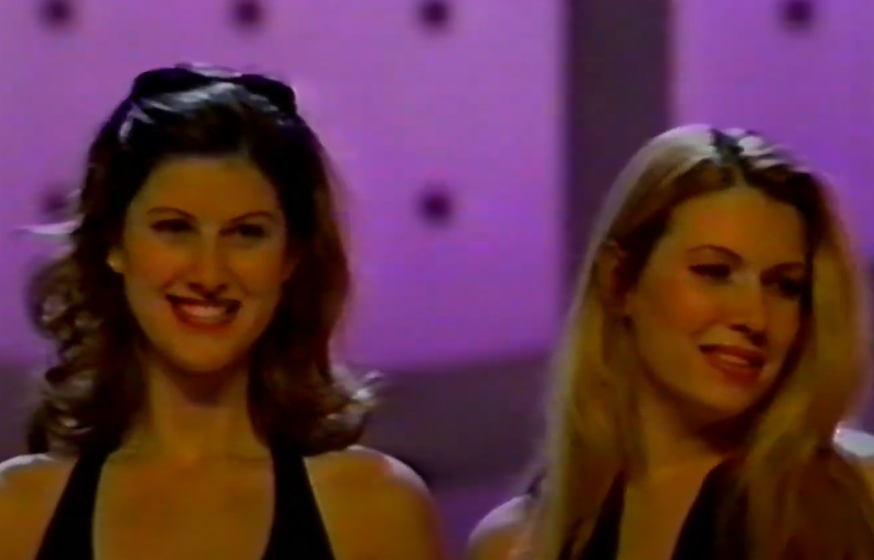 FOX, Who Wants To Marry A Millionaire? (2000)
FOX, Who Wants To Marry A Millionaire? (2000)
Survivor (2000)
One of the most successful reality shows, Survivor is now in its 46th season. Taking place in remote often tropical locations, Survivor was an instant hit. Contestants had to deal with harsh settings without modern amenities, while competing against one another.
Survivor (2000)
A key to the show’s drama is the gameplay and the creation of factions, as contestants ally with one another in hopes of eliminating a common foe. Of course, only one contestant can win so those alliances can only be temporary, with viewers enjoying the drama of the inevitability of contestants turning onto one another.
The Amazing Race (2001)
Featuring a race, various challenges, and world travel, The Amazing Race was seen as a somewhat prestige version of reality television, winning numerous awards. The adventure of traveling the world was mixed with the drama of teams trying to get from place to place and complete the challenges.
The Amazing Race (2001)
Two teams would journey around the world trying to reach the finish line first. The show included the appeal of foreign cultures and the bonding (and infighting) that would take place within teams. The Amazing Race is now in its 36th season.
The Bachelor (2002)
Another long-running competition, The Bachelor takes the Who Wants To Marry a Millionaire? concept to the next level. In its original incarnation, a single man dates multiple women with the goal of finding true love and proposing marriage at the end of the season. And like other reality television shows, it was the drama and the scheming between contestants that drew viewers in.
The Osbournes (2002)
Airing on MTV from 2002 to 2005, The Osbournes was one of the first celebrity reality shows, giving a look at the life of Ozzie Osbourne and his family. Following Ozzie, his wife Sharon, and their children Jack and Kelly, the show emphasized their everyday lives while also showing their unconventional homelife.
The Osbournes (2002)
Inspiring later family-centered reality shows like Keeping Up With The Kardashians, The Osbournes also provided drama with Ozzie’s struggles with addiction and its effects on his mental health, and Sharon attempting to maintain order despite her child-like husband. Ozzie’s vulnerability was contrasted with his public heavy metal image and viewers tuned in faithfully.
America's Next Top Model (2003)
With reality television in full swing by 2003 and critics talking about the possible end of scripted television, producers tried a number of different strategies to keep audiences tuned in. Although an old concept, the talent show was clearly ideal for the reality television format.
 10 by 10 Entertainment, America's Next Top Model (2003-2018)
10 by 10 Entertainment, America's Next Top Model (2003-2018)
America's Next Top Model (2003)
Created and hosted by Tyra Banks, America's Next Top Model provided aspiring models the chance to launch their careers. This in turn led the way to other talent show-style reality series such as Top Chef, American Idol, and Project Runway. At times delving into the darker side of the world of modeling, America's Next Top Model opened the door for perhaps the most popular form of reality television.
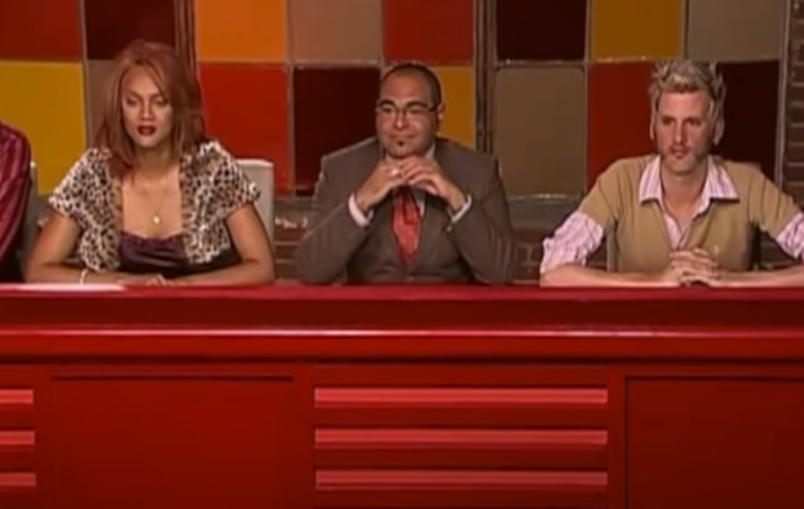 10 by 10 Entertainment, America's Next Top Model (2003-2018)
10 by 10 Entertainment, America's Next Top Model (2003-2018)
Fear Factor (2001)
Fear Factor took the idea of challenges to its extreme. Rather than placing contestants in a house or an isolated locale, Fear Factor emphasized the competition. Host Joe Rogan (yes, that Joe Rogan) challenged contestants to various tasks, often terrifying or disgusting.
Fear Factor (2001)
With the tasks designed to test their physical and mental abilities, contestants were required to compete in tasks involving great heights and exposure to insects and extreme temperatures. Criticized for exploiting the participants and often placing them in danger, Fear Factor was nevertheless a hit with audiences—but the reason the show got canceled is more revolting than anyone could have imagined.
According to several reports, it all got to much during filming for an episode titled "Hee Haw! Hee Haw!" Contestants were made to drink donkey urine and then—if they didn't puke that up—chug some donkey baby batter. Needless to say, NBC thought this was just too extreme and along with pulling the episode, they scrapped the entire show.


